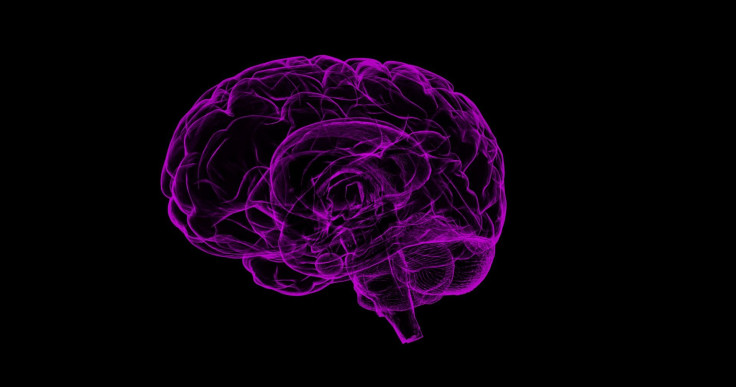Shape Of The Brain Matters? Study Finds It Influences Thoughts, Feelings, And Behavior
The human brain and the mechanism in which the complex organ functions have fascinated researchers for generations.
Until now, scientists believed the communication between millions of interconnected neurons in the brain was the underlying factor that decided how a brain functioned.
However, a new study by a team of researchers from Australia has found that the shape of the brain has more influence on a person's thoughts, feelings, and behavior. The findings of the study were published in the journal, Nature.
Researchers evaluated MRI brain scans of 255 people to study eigenmodes--natural vibrations of a system where all the parts move together at the same frequency. During the brain scans, participants performed simple tasks such as tapping their fingers or recalling a sequence of images.
The team then analyzed 10,000 different maps of people's brain activity and created a computer model that simulated how the shape and size of the brain affect brain waves.
Researchers compared this brain model with the preexisting models developed based on the earlier understanding that neuron connectivity decided brain functions. They then found the new model was more accurate in showing the brain activity.
"We found that eigenmodes defined by brain geometry--its contours and curvature--represented the strongest anatomical constraint on brain function, much like the shape of a drum influences the sounds that it can make," Alex Fornito, a lead researcher of the study, said.
James Pang, another lead author, said the brain's geometry plays a more essential role in brain function, just like how the size and shape of a pond decide how a stone creates a ripple in the pond.
"The geometry is pretty important because it guides how the wave would look, which in turn relates to the activity patterns that you see when people perform different tasks," Pang said.
However, Pang said the research does not undermine the role of neurons and their communication.
"What the work is showing is that the shape has a stronger influence, but it's not saying that connectivity is not important."
Researchers believe the new study will help predict the function of the brain directly from its shape, which will pave the way for further studies on how the organ affects behavior and risk for psychiatric and neurological diseases.
"The work opens opportunities to understand the effects of diseases like dementia and stroke by considering models of brain shape, which are far easier to deal with than models of the brain's full array of connections," Pan added.




























